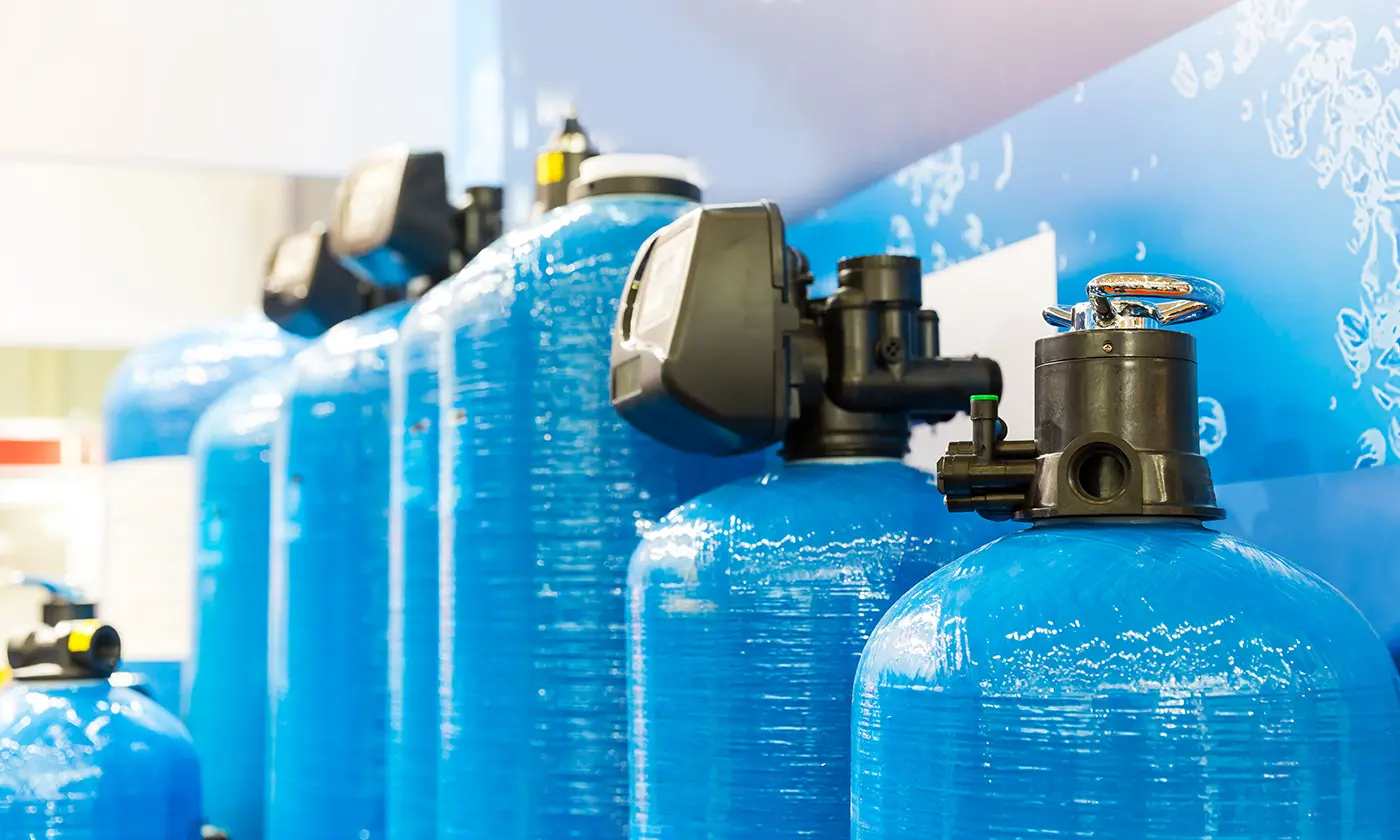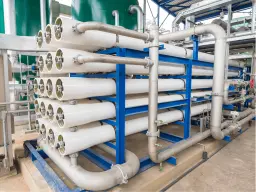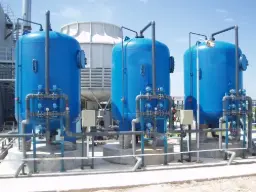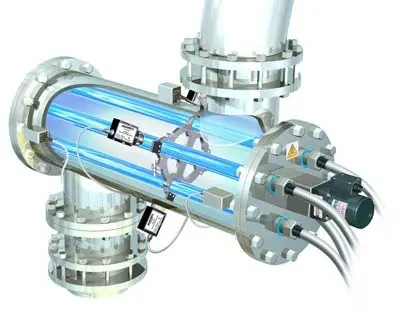Water Treatment for Ice Machines and Ice Production
Ice production is a critical process in both commercial and industrial settings. Whether you’re running a restaurant, hotel, beverage manufacturing facility, or a packaging plant, the quality of ice can significantly impact overall operations and customer satisfaction. From chilling beverages to preserving perishable goods, ice serves numerous functions. However, not all ice is created equal. Impurities in the water—such as dissolved minerals, sediment, bacteria, or chemicals—can produce cloudy cubes, off-flavors, or even pose health risks. In high-volume settings where large amounts of ice are produced daily, consistent water quality becomes essential for ensuring a reliable and hygienic final product.
Utilizing advanced water treatment systems can address these concerns by removing contaminants and controlling parameters like hardness, total dissolved solids (TDS), and microbial loads. By investing in purified water, ice manufacturers can minimize equipment scaling, improve energy efficiency, and maintain strict adherence to food safety standards. Filtox provides industrial-grade water treatment solutions tailored to the unique needs of ice production facilities. Through technologies like Reverse Osmosis (RO), Ultraviolet (UV) disinfection, and Ion Exchange, our clients can produce clear, safe ice that meets the highest quality standards. In doing so, businesses not only boost their reputation for cleanliness and quality but also optimize production costs and reduce downtime caused by equipment maintenance issues.
Related Products for Ice Machine Water Treatment

Activated Carbon Filtration
Activated carbon filters remove chlorine, organic compounds, and volatile substances that might otherwise impact flavor and odor. This step is particularly beneficial for ice used in beverages, where any off-taste can affect the overall drinking experience.

Reverse Osmosis (RO)
Reverse Osmosis systems push water through a semi-permeable membrane under pressure, removing a wide range of contaminants including dissolved minerals, heavy metals, and certain microorganisms. The result is a low-TDS water ideal for producing crystal-clear ice. RO-treated water helps reduce the mineral residue that can cause cloudiness or scaling in icebox and ice machines.

Water Softener
Water softening resins specifically target certain ions—like calcium and magnesium—that contribute to hardness and scale formation. Softer water helps minimize equipment wear, reduces maintenance costs, and ensures that the ice remains clear and free of mineral streaks.

UV Disinfection
UV disinfection systems emit ultraviolet light that deactivates bacteria, viruses, and other pathogens. Because the process involves no chemicals, it doesn’t alter taste or introduce residual compounds into the water. UV treatment is especially useful for maintaining microbial safety in high-volume ice production environments.
Advantages of Ice Machine Water Systems
- Crystal-Clear Ice
High-purity water results in ice that is transparent rather than cloudy. Clear ice is aesthetically appealing for beverages, catering services, and packaged consumer products. - Enhanced Taste and Odor
By removing chlorine, organic matter, and other potential contaminants, treated water produces ice with a clean, neutral flavor. This is crucial in applications where taste can make or break a product. - Regulatory Compliance
Many health and food safety regulations require ice to meet specific microbial and chemical standards. Water treatment systems help facilities comply with local, national, or international guidelines. - Equipment Longevity
Scaling can impair ice machine efficiency and lead to frequent breakdowns. Minimizing scale and corrosive substances through Ion Exchange or RO extends equipment lifespan and reduces downtime. - Operational Cost Savings
Efficient water treatment often pays for itself by lowering energy use, reducing machine repairs, and minimizing product loss. The ROI is particularly evident in large-scale ice production facilities.
Challenges and Solutions
- Challenge: High Hardness and Scale Formation
Solution: Incorporate Ion Exchange or RO to remove calcium and magnesium ions, preventing scale buildup in ice machines and ensuring consistent output of clear ice. - Challenge: Microbial Contamination
Solution: UV Disinfection offers a chemical-free method to inactivate bacteria, viruses, and other pathogens. Coupled with good sanitation practices, UV ensures a microbiologically safe product. - Challenge: Taste and Odor Issues
Solution: Activated Carbon Filtration addresses chlorine and organic compounds that can impart unwanted flavors. Regular filter maintenance is key to consistent results. - Challenge: High Operating Costs
Solution: By optimizing water usage, recovering RO reject streams, or leveraging modern, energy-efficient systems, facilities can reduce long-term expenses while improving output quality. - Challenge: Varying Water Supply Quality
Solution: Automated monitoring systems can detect fluctuations in incoming water composition, adjusting treatment parameters in real-time. This stability guarantees uniform ice quality regardless of seasonal or local changes in the water source.
Frequently Asked Questions (FAQs)
- Does RO-treated water affect ice melting rate?
Because RO water is low in impurities, the ice produced can sometimes melt more slowly than ice with higher mineral content. However, this advantage can vary based on storage and ambient conditions. - How often should I clean and maintain my filtration systems?
Maintenance frequency depends on usage volume and local water quality. Typically, sediment and carbon filters need replacing every few months, whereas RO membranes can last longer with proper care. - Is UV disinfection better than chemical treatments?
UV disinfection is a non-chemical approach that doesn’t alter water composition. In ice production, this is preferred as it avoids adding any taste or residue, provided the water is already clear enough for UV penetration. - Can I combine multiple treatment methods?
Yes. In many cases, a multi-stage system—such as sediment filtration, carbon filtration, RO, and UV—delivers the most comprehensive water quality improvements for ice production. - Will purified water damage my ice-making equipment?
On the contrary, using purified water typically extends equipment life by preventing scale and corrosion. It also reduces clogging and fouling issues, improving operational efficiency.